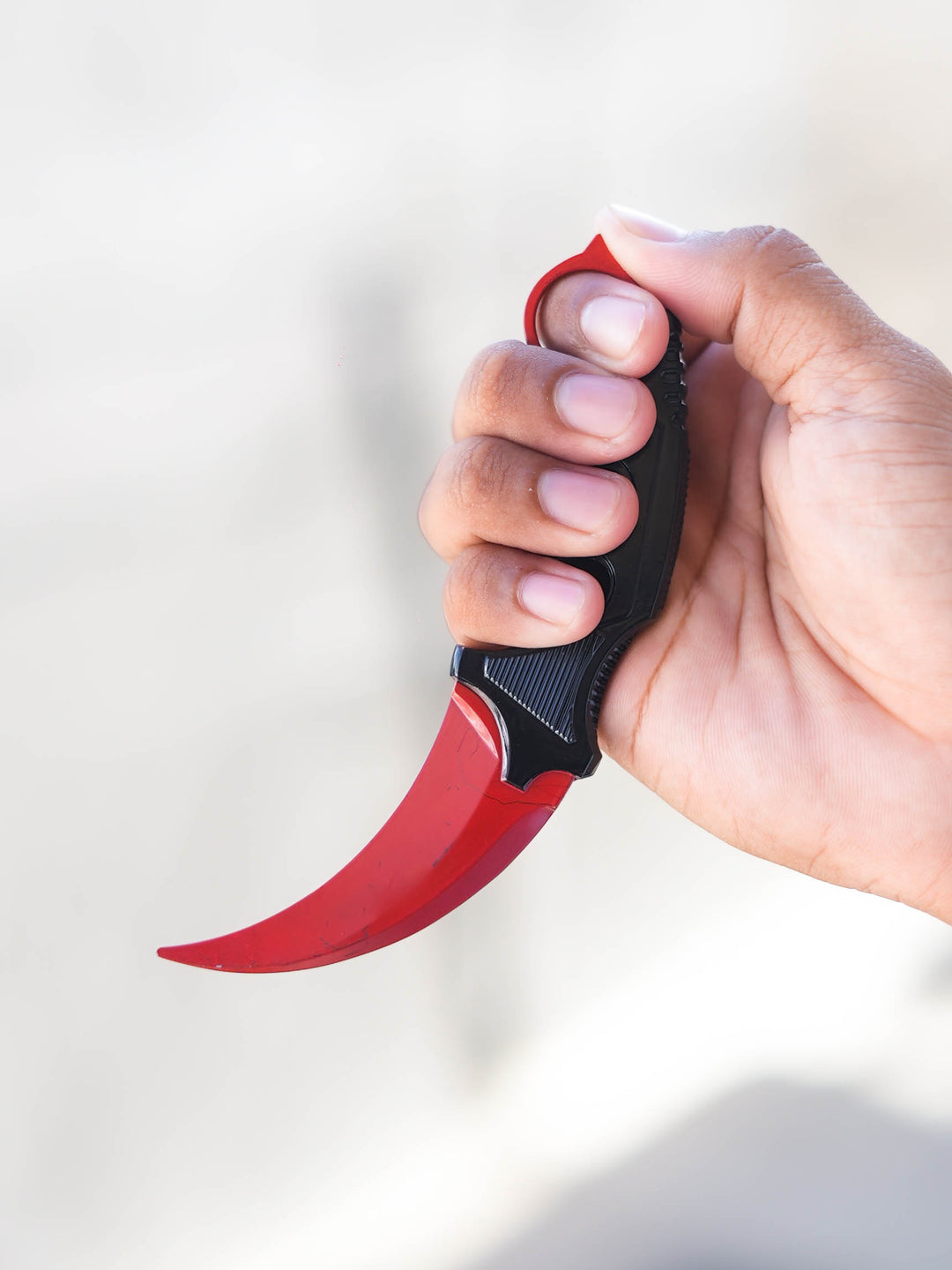Hookup Doc: Your Go-To Guide for All Things Dating
Explore the latest trends, tips, and advice in the world of dating and relationships.
Time Out for Tactical Brilliance: Why CSGO Teams Hit the Pause Button
Discover why top CSGO teams strategically pause mid-game for tactical mastery. Uncover the secrets behind their winning moves!
The Strategy Behind the Break: Understanding CSGO Team Timeout Dynamics
In competitive CSGO matches, the concept of a timeout is not just a simple pause in the action; it’s a strategic tool that teams utilize to reset their momentum and discuss tactics. Understanding the dynamics behind a CSGO team timeout can significantly impact the outcome of a match. Usually lasting around 30 seconds, these pauses allow teams to regroup, assess their performances, and brainstorm adjustments in real-time. The timing of a timeout, whether after a string of lost rounds or before a critical match point, can be pivotal in turning the tide of the game.
Effective utilization of a timeout involves more than just calling for a break; it requires communication and leadership from team members. During this time, players need to pinpoint their strengths and weaknesses, as well as those of their opponents. A well-structured discussion might involve a review of previous rounds, identifying flaws in strategy, and even managing player morale. By fostering a collaborative environment where everyone feels empowered to contribute, teams can leverage timeout dynamics to not only recover from setbacks but also lay the foundation for a focused comeback.

Counter-Strike is a popular tactical first-person shooter that has captivated gamers worldwide. The gameplay focuses on teamwork and strategy, with players competing in various modes such as bomb defusal and hostage rescue. For those looking to improve their skills, understanding weapon mechanics, like the CS2 recoil case, is essential for gaining an edge in competitive matches.
Timeout Tactics: How CSGO Teams Optimize Performance with Pauses
In the high-stakes world of CS:GO, teams often face intense pressure that can lead to performance dips. One key strategy to counter this is the use of timeout tactics. When a team calls for a pause, it creates an invaluable opportunity to regroup and refocus. Coaches and players analyze recent rounds, discussing not only the mistakes made but also the optimal strategies to deploy going forward. These timeouts can turn the tide of a match, as they allow players to clear their minds and return to the game with renewed vigor and a precise game plan.
Moreover, the psychological impact of a timeout is profound. It serves as a momentary break from the intensity, providing players a chance to reset emotionally. During these pauses, teams often employ timeout tactics such as discussing game mechanics, shifting tactics, or simply taking a breath to alleviate anxiety. The best teams can leverage these moments not just for tactical adjustments but also for mental fortitude, keeping morale high. This is crucial, as maintaining a strong mental game is often as important as executing physical strategies in the competitive landscape of CS:GO.
When Should CSGO Teams Call a Timeout? Key Situations Explained
In the fast-paced world of CS:GO, effective communication and strategy can often be the difference between victory and defeat. Teams should consider calling a timeout in several critical situations. Firstly, if a team is experiencing a significant loss streak or has lost multiple rounds in quick succession, a timeout can be beneficial. This pause allows the team to regroup, discuss strategy adjustments, and refocus mentally for the remainder of the match. Additionally, if a key player is struggling with performance, a timeout gives the team a chance to assess the situation, provide support, and possibly substitute if necessary.
Another important occasion to call a timeout is when a team is facing an unexpected opponent strategy or specific gameplay pattern that they are struggling to counter. In such scenarios, pausing the game allows the coach and players to analyze the opponents' tactics in-depth, discuss alternative strategies, and establish a game plan moving forward. Moreover, if there are communication issues or misunderstandings among players, a brief timeout can serve as a moment to clarify roles, emphasize teamwork, and ensure that everyone is on the same page before the match resumes. Recognizing these moments and knowing when to take a timeout can greatly influence a team's performance.